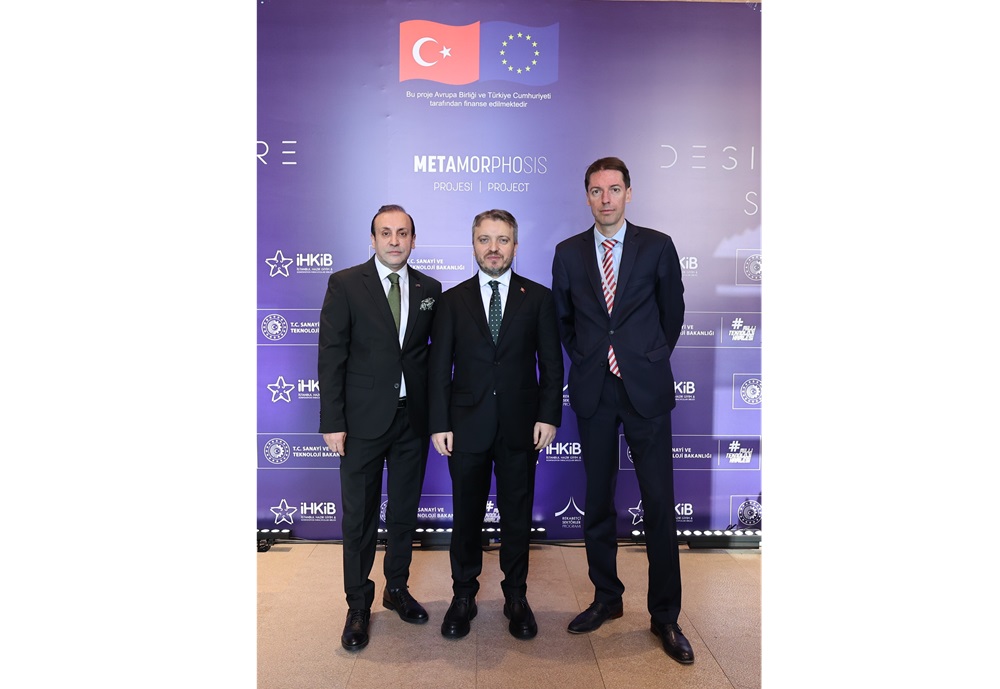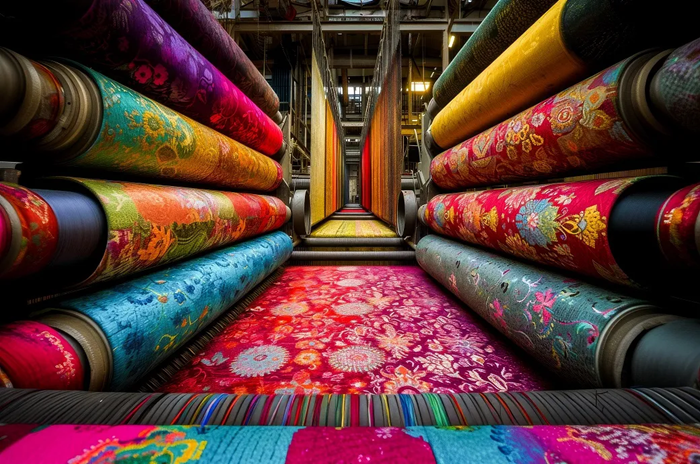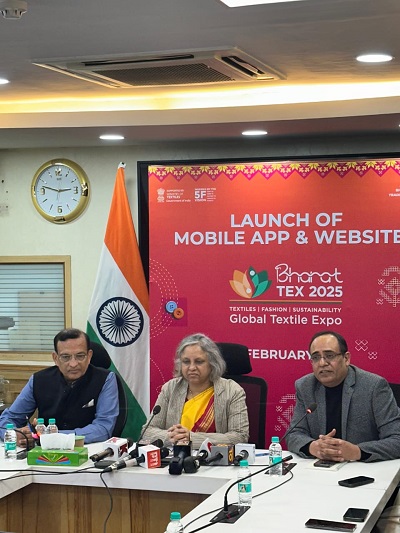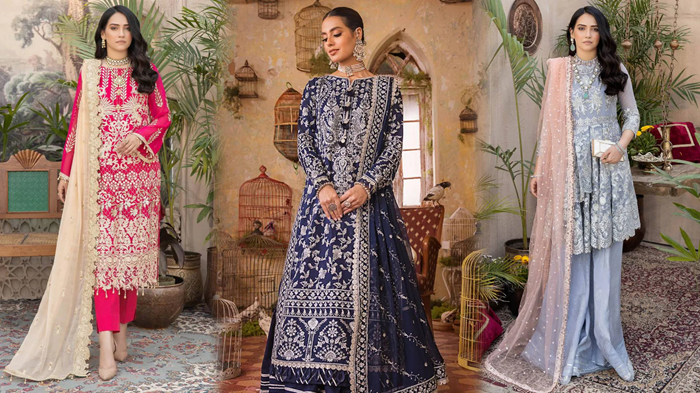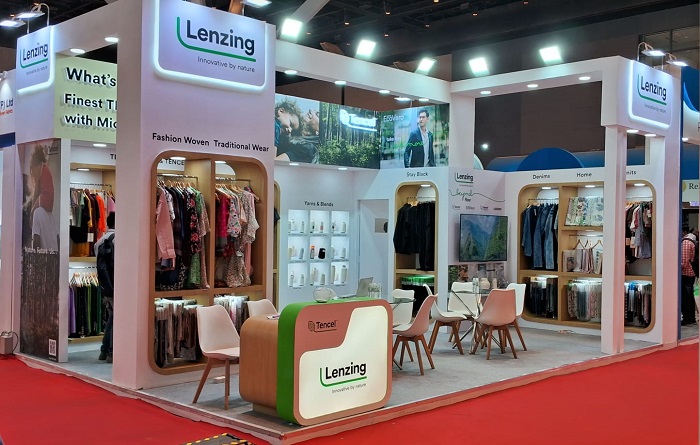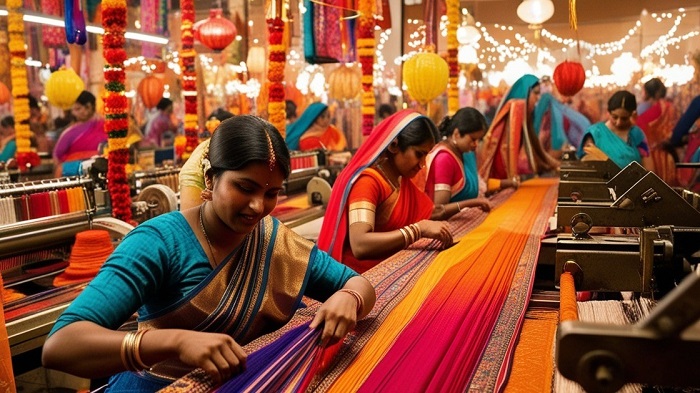Fueled by an increased through online platforms, smaller Indian cities are experiencing a surge in luxury shopping, indicates a report by Tata Cliq Luxury.
There has been a significant growth in luxury shopping towns such as Botad and Asansol with purchases of high-end footwear, watches, clothing and accessories rising, shows the report. This trend signifies a shift away from the traditional dominance of luxury shopping in major metropolitan areas, it adds.
As per industry analysts, luxury is no longer exclusive to the very wealthy, with customers from Tier II and III cities and emerging areas within metros driving a ‘radical reboot’ of the industry.
The report emphasizes the growing influence of the ‘Henry’ (high earners, not rich yet) consumer group - working professionals with rising incomes who are increasingly interested in luxury goods and experiences.
Generating 55 per cent of its sales from non-metro areas, Tata Cliq Luxury confirms this trend. According to Gopal Asthana, CEO, actively seeking luxury experiences and goods, this cohort is driving significant sales increases in beauty, accessories, apparel, and footwear, with order values comparable to metro consumers. Industry experts observe, luxury customer base is evolving to include professionals in smaller cities, not just established wealthy individuals.
Luxury brands, including international names like Bvlgari, are leveraging online platforms to reach these new markets. E-commerce platforms like Ajio Luxe are helping brands overcome the limited physical store presence in smaller towns. The report also highlights rising demand for luxury items beyond fashion and jewelry, such as art, partly influenced by social media.
These new luxury consumers are more informed and conduct research before purchasing. They utilize knowledge from social media, websites, and customer reviews to make informed choices. Tata Cliq Luxury data shows, these customers typically browse six to seven brands before making a purchase, regardless of the product category.
Looking forward, analysts predict, Gen Z and Gen Alpha will become the primary target market for luxury brands. These generations are expected to drive the pre-owned luxury market, favor a blended online and in-person shopping experience, and demand greater transparency from brands.

